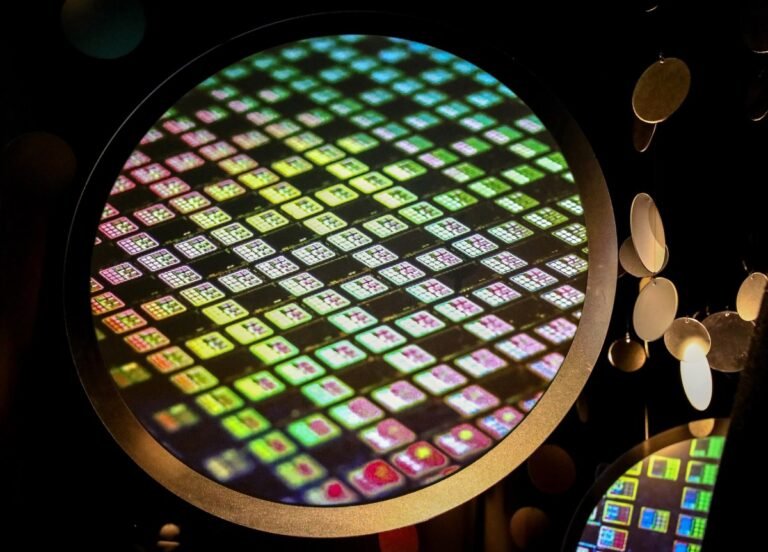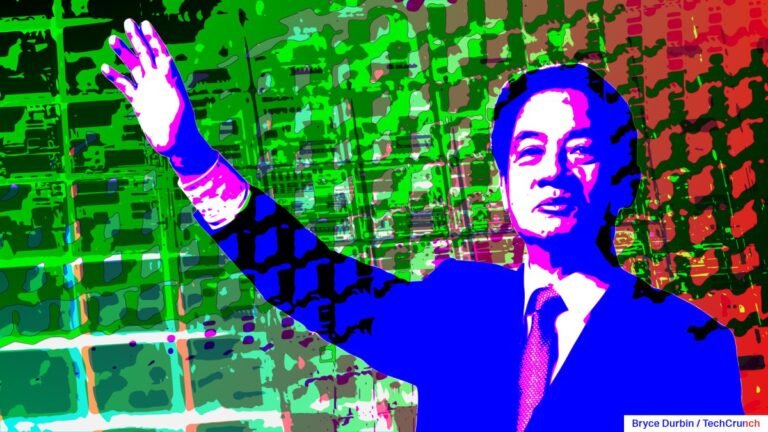
The United States Department of Commerce Monday proposed investing as much as $6.6 billion to fund a third Taiwan Semiconductor Manufacturing Company Limited (TSMC) fab in Arizona.
The move represents a broader push to bring more manufacturing to the U.S., but unspoken in the fanfare around today’s announcement is the potential escalation of tensions with China.
TSMC Arizona — the subsidiary behind the proposed construction — has stated that it will build the facility before the end of the decade.
The United States and allies would be at a massive disadvantage should China seize control of Taiwan and its manufacturing capabilities.
For all the money the United States government continues to invest, Intel is simply playing catch-up to TSMC’s multiyear technological head start.

This grant, pegged for the company’s U.S. subsidiary, TSMC Arizona, is the latest step by the U.S. to strengthen its domestic supply of semiconductors as it seeks to reshore manufacturing of chips amid escalating geopolitical tensions between the U.S. and China.
The Act is primarily aimed at attracting manufacturing stateside, and also prohibits recipients of the funding from increasing their semiconductor manufacturing footprint in China.
With the new investment, Taiwan-based TSMC, which is the world’s largest producer of semiconductors, is broadening its plans for its fabrication plants in Arizona.
Intel could receive approximately $20 billion in grants and loans from the CHIPS and Science Act for its semiconductor manufacturing.
Meanwhile, Samsung, which announced a $17 billion additional investment in Taylor, Texas, is expected to receive more than $6 billion in grants for its chip facility in Texas.

Lai made impassioned comments about Taiwan’s chip industry after his victory on Saturday that seem to make it clear that his administration’s main tech focus will be on semiconductors.
Taiwan’s semiconductor industry strengthens the global standing of the country, a small island with a population of 23 million.
Another barrier is that even though the semiconductor industry is important to Taiwan’s economy, most people don’t work in it.
“Most people in the nation are not employed in the semiconductor industry, even though it’s the lifeblood of the economy,” says Patel.
Despite the challenges faced by Taiwan’s semiconductor industry, Triolo notes that its international recognition has grown significantly since Tsai came into power eight years ago.





